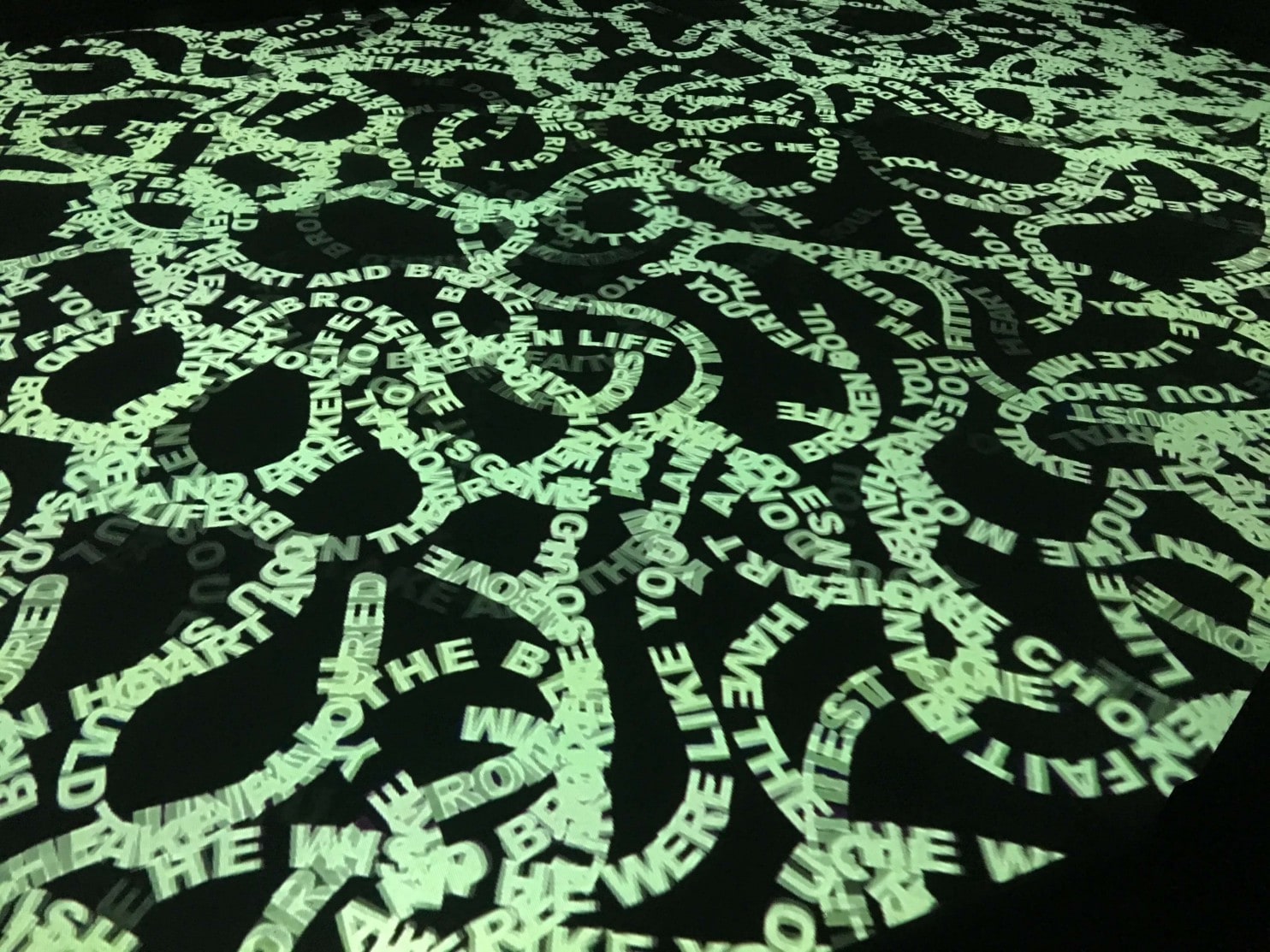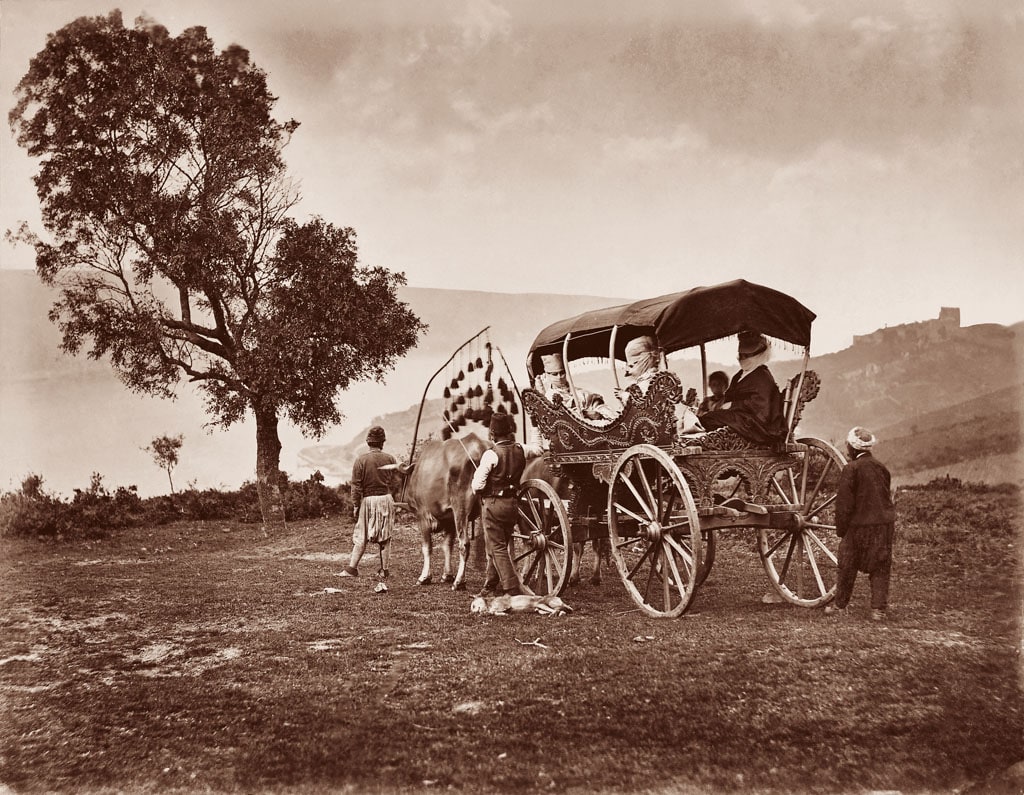“What is art? (...) Like a declaration of love: the consciousness of our dependence on each other. A confession. An unconscious act that none the less reflects the true meaning of life—love and sacrifice.”
A. Tarkovsky
Pera Film is saluting Andrei Tarkovsky (1922-1986), the distinguished Soviet director whose austerely poetic, deeply personal films made him one of the most treasured artists of his generation. Tarkovsky followed his prize-winning short piece, The Steamroller and The Violin (1960), with a lyrical feature debut Ivan’s Childhood (1962). The film portrays a young boy’s espionage activities with partisans during WWII and was awarded at the Venice Film Festival. Tarkovsky followed this with the epic, allegorical Andrei Rublev (1966). Over three years in the making, Andrei Rublev follows the life of a 15th century icon painter as he loses faith in society, God and art, finally achieving spiritual revitalization in the famous, concluding bell-making scene. Shelved for several years for its references to the plight of the contemporary Soviet artist, the film was released to wide acclaim in the West in 1969. Like most of Tarkovsky’s work, it is a slow-moving, sumptuously textured canvas with a richly emotional climax. Most of Tarkovsky’s subsequent films deal in some degree with the otherworldly: in Solaris (1972), a space-traveler’s fantasies are conjured into reality; Stalker (1979) takes place in “the zone,” a mysterious, forbidden wasteland; and The Sacrifice (1986) unfolds in the final hours before a nuclear Armageddon; The Mirror (1976), an intensely personal, multi-layered aural and visual poem, recalls an artist’s youth in the Soviet Union during WWII. Tarkovsky’s real-life mother plays the mother of the artist and his father, the esteemed poet Arseniy Tarkovsky, reads his own works on the soundtrack. Tarkovsky began working outside the USSR in the early 1980s, making Nostalgia in Italy in 1983. He then worked with several members of Ingmar Bergman’s filmmaking team, including actor Erland Josephson and cinematographer Sven Nykvist, to make The Sacrifice (1986) in Sweden. Josephson plays a celebrated, retired artist/intellectual who can only avert a worldwide holocaust by making a supreme personal sacrifice. Visually sumptuous and extremely slow-paced, the film is a supreme summation of what Tarkovsky considered his most crucial concern: “the absence in our culture of room for spiritual existence.” The Sacrifice won a Special Jury Prize at Cannes in the same year that Tarkovsky died of lung cancer in Paris at age 54.

in collaboration
December 16
20:00 Solaris
December 17
14:00 Ivan's Childhood
16:00 Stalker
December 18
13:00 Solaris
17:00 Stalker
December 22
19:00 Andrei Rublev
December 23
19:00 The Mirror
21:00 Nostalgia
December 24
13:00 Andrei Rublev
17:00 Sacrifice
December 27
19:00 Sacrifice
December 29
19:00 Voyage In Time
One Day In the Life of Andrei Arsenevich
December 30
19:00 Ivan's Childhood
21:00 Nostalgia
December 31
14:00 Voyage In Time
One Day In the Life of Andrei Arsenevich
17:00 The Mirror
December 16
20:00 Solaris
December 17
14:00 Ivan's Childhood
16:00 Stalker
December 18
13:00 Solaris
17:00 Stalker
December 22
19:00 Andrei Rublev
December 23
19:00 The Mirror
21:00 Nostalgia
December 24
13:00 Andrei Rublev
17:00 Sacrifice
December 27
19:00 Sacrifice
December 29
19:00 Voyage In Time
One Day In the Life of Andrei Arsenevich
December 30
19:00 Ivan's Childhood
21:00 Nostalgia
December 31
14:00 Voyage In Time
One Day In the Life of Andrei Arsenevich
17:00 The Mirror
Program Trailer

Pera Museum, in collaboration with Istanbul Foundation for Culture and Arts (İKSV), is one of the main venues for this year’s 15th Istanbul Biennial from 16 September to 12 November 2017. Through the biennial, we will be sharing detailed information about the artists and the artworks.

Following the opening of his studio, “El Chark Societe Photographic,” on Beyoğlu’s Postacılar Caddesi in 1857, the Levantine-descent Pascal Sébah moves to yet another studio next to the Russian Embassy in 1860 with a Frenchman named A. Laroche, who, apart from having worked in Paris previously, is also quite familiar with photographic techniques.

The exhibition Look at Me! Portraits and Other Fictions from the ”la Caixa” Contemporary Art Collection examines portraiture, one of the oldest artistic genres, through a significant number of works of our times. Through the exhibition we will be sharing about the artists and sections in Look At Me!.
Tuesday - Saturday 10:00 - 19:00
Friday 10:00 - 22:00
Sunday 12:00 - 18:00
The museum is closed on Mondays.
On Wednesdays, the students can
visit the museum free of admission.
Full ticket: 300 TL
Discounted: 150 TL
Groups: 200 TL (minimum 10 people)